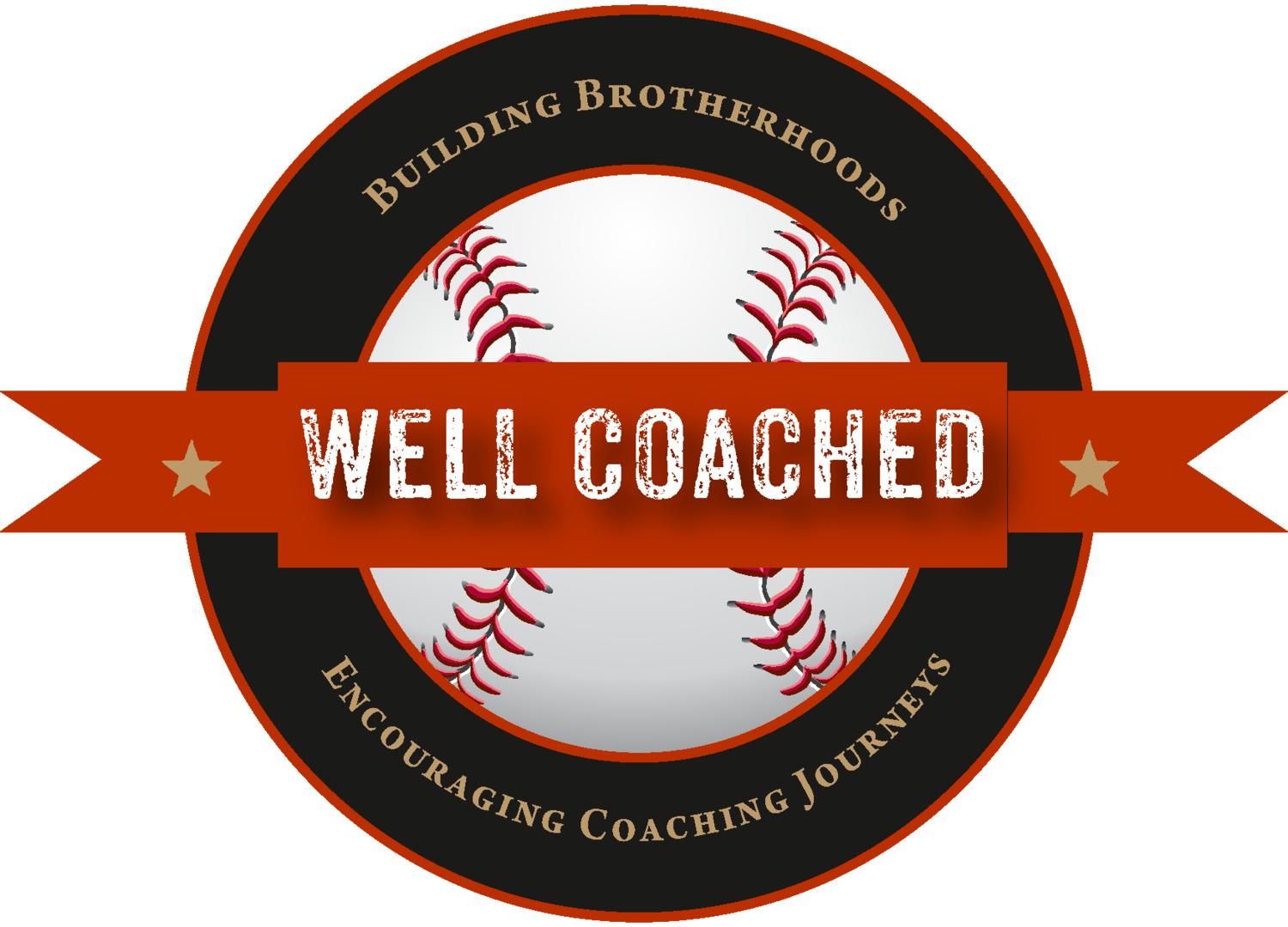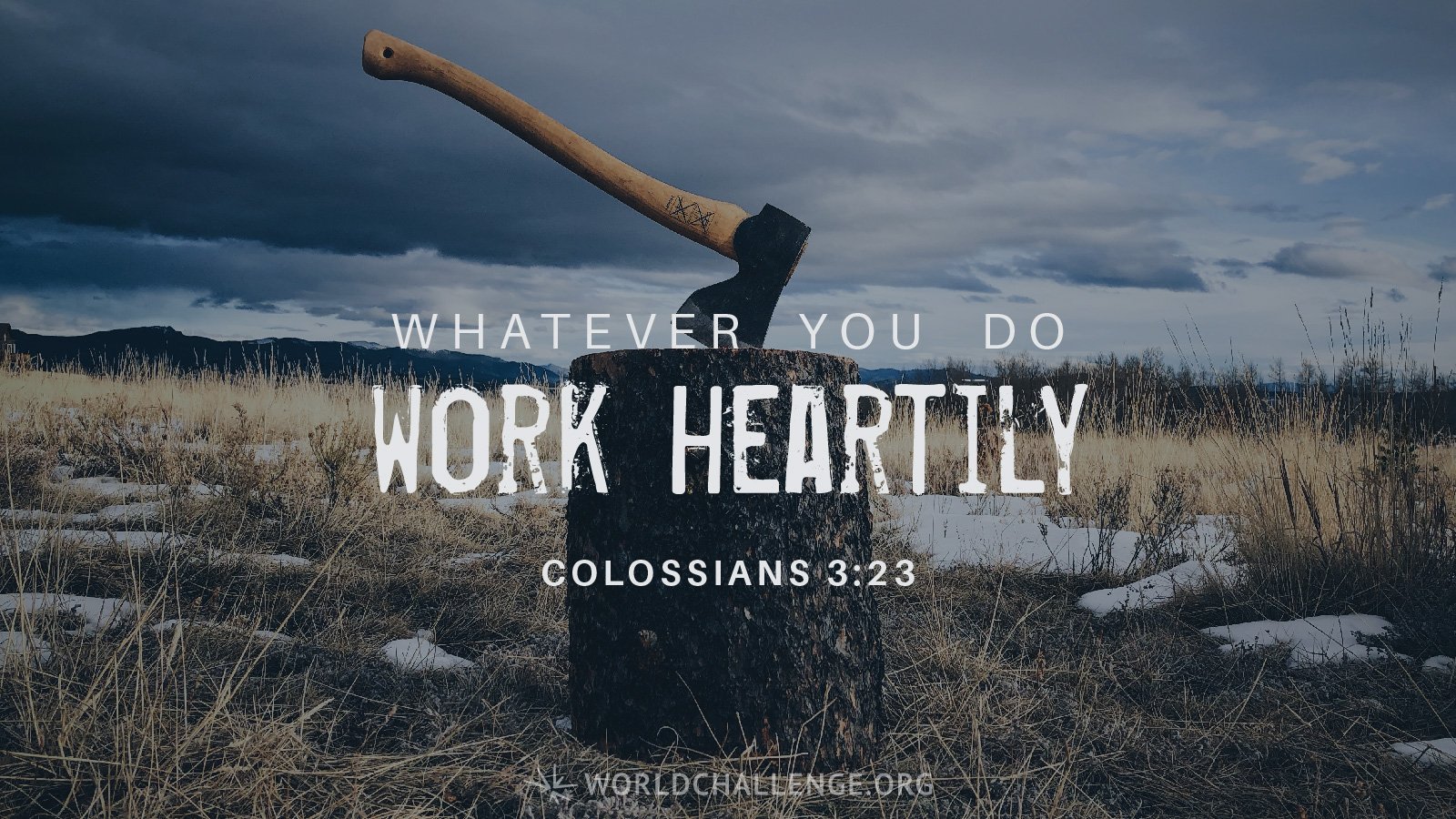Who Do You Work For? (Bot9 #373)
I don't know how to capture the feeling of failure I experienced seven years ago. It was all-encompassing, overwhelming, and oppressive. I remember worrying about what people thought of me everywhere I went. Did I do my job poorly? Was I being a good husband and father? Was I allowed to go to church in the place we were enjoying? Was I wearing the right clothes? Was I doing anything right? The feelings of anxiety and exhaustion that accompanied all these questions, and the 100 others that ran through my mind every day, were unbearable. There was no respite anywhere.
As I took small steps, day by day to find healing, I began to learn that each of those questions were rooted in what someone else thought of me. Since that point in time, I've come across a couple of people who have a very similar message. The first is Michael Gervais, a high-performance psychologist who leads the Finding Mastery podcast, among many projects. His first book, The First Rule of Mastery: Stop Worrying About What People Think of You, highlights something he has been discussing for years: FOPO. Most people know FOMO, Fear of Missing Out, but many of us struggle with FOPO, Fear of Other People's Opinions. If you look at all of the questions I had spinning through my head, they're all rooted in FOPO. It took a lot of work to break the cycle of this line of thinking.
We are not alone in this and even the most profound contributors in society battle FOPO. The first chapter of Gervais' book highlights how Beethoven struggled deeply with what other people would think of him as he starting to lose his hearing in his mid-twenties. According to Gervais, "He feared that his detractors would use the revelation against him. He was worried their criticism would lead to discrimination against him and exclusion from the Viennese music circles that he had toiled for so long to access." (Page 17) Imagine living in a world without Beethoven's 5th because he finally succumbed to a life of isolation. How much human potential has been thwarted by the voice inside our own head?
To help me through my battle with FOPO, I submitted to counseling, but also to leadership coaching from Lucas Jadin. Lucas has impacted many people personally, but also through his book The Twin Thieves, which he wrote with Steve Jones, one of the most successful football coaches in Wisconsin high school football history. These "twin thieves" are the fear of failure and the fear of judgment. Whether we call it the fear of judgment or FOPO, we know that this struggle is part of the human condition. Inside The Twin Thieves, Lucas writes, "Our brains have advanced in so many ways, but the tendencies of that old, outdated, fear-driven Survival Brain still remain. Today, our Survival Brain struggles to tell the difference between things that are actually life-threatening versus things that are just ego-threatening." (Page 26) The internal fear of what other people think of you can feel as intense as something that is truly life-threatening.
If you were to study church history, you'd understand that this has been present in mankind for thousands of years. In their letter to the Colossian church, Paul and Timothy say, "Work willingly at whatever you do, as though you were working for the Lord rather than for people." (Colossians 3:23) Knowing all of struggles between the Messainic Jewish community and the Gentile community at the time, you can also see how these words are beneficial in the battle against FOPO and the fear of judgment. As we live and work, we must focus on the One who created us and our uniquely designed purposes.
I'll again refer to The Twin Thieves for a set of questions to use in maintaining proper focus in the battle against the judgment of other people's opinions (Page 70):
Am I secure with who I am?
Do I truly trust myself?
Can I take tough feedback?
Do I know my strengths?
As Paul and Timothy would suggest, our answers to these questions would come from the security of who we are in Christ, trusting Him in all things, allowing for people to share difficult things with us and seeking forgiveness, and knowing the many gifts and talents with which we have been provided. This takes a lot of internal work, even some difficult stretches of time, but the end result is a life where FOPO and the fear of judgment lessens with time and experience.
The ironic part of my experience from seven years ago was what I heard from those around me. I was showing up for other people differently. I was able to be present with them and help them on their journeys. I created my 'why' statement - "to serve others so they can fulfill God's destiny and design for their lives." Probably the most impoactful moment came when my wife shared a story about something our daughter said in a little Bible study. They were studying examples of 'courage' in the Bible and my wife asked the girls in the study if they could think of any people in their lives who have shown courage. My daughter said me. In the same period of time when I was at my lowest, I was showing courage to my family.
The gift of this period of time was finding an ability to provide other people with a freedom in being because I wasn't worried about what anyone was thinking of me. Getting there was hard, and staying there is even harder. This focus takes work, but there might not be any more important personal work than defining who it is you work for.

